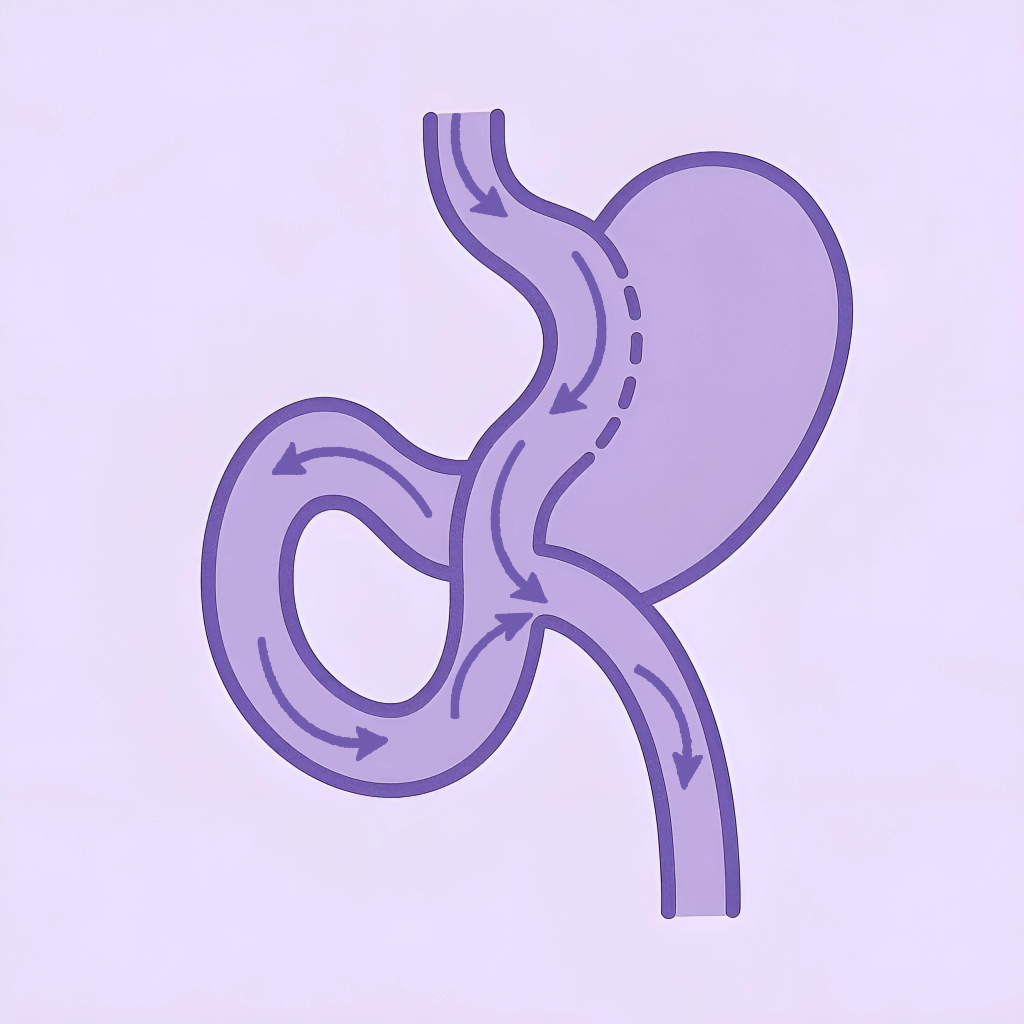Pilonidalsinus







Die Pilonidalsinus-Operation ist ein Verfahren zur Entfernung infizierter Zysten oder Sinustrakte in der Nähe des Steißbeins, um ein Wiederauftreten zu verhindern.
Die Pilonidalsinus-Operation ist ein Verfahren zur Entfernung infizierter Zysten oder Sinustrakte in der Nähe des Steißbeins, um ein Wiederauftreten zu verhindern. Ein Pilonidalsinus entsteht, wenn Haare und Schmutz unter der Haut eingeklemmt werden, was zu Entzündungen, Schmerzen und wiederkehrenden Infektionen führt. Oft beginnt es mit einem eingewachsenen Haar und kann sich, wenn es unbehandelt bleibt, zu einem schmerzhaften Abszess mit Eiter entwickeln. Längeres Sitzen, Fettleibigkeit, übermäßiges Schwitzen und Reibung erhöhen das Risiko, diese Erkrankung zu entwickeln.
Behandlungsoptionen umfassen die chirurgische Entfernung, bei der die Zyste entfernt und die Wunde entweder mit Nähten verschlossen oder offen gelassen wird, um natürlich zu heilen. Eine minimalinvasive Alternative ist die Lasertherapie, bei der die Zyste mit einer Lasersonde zerstört wird, was die Schmerzen reduziert und das Risiko eines Wiederauftretens verringert. Obwohl Pilonidalsinus schwer vollständig zu verhindern sind, kann die richtige Hygiene, das Vermeiden von längerem Sitzen, regelmäßige Bewegung und das Entfernen von Haaren im betroffenen Bereich helfen, das Risiko eines Wiederauftretens zu verringern.
Die Pilonidalsinus-Operation
wird für Personen empfohlen, die unter chronischen oder wiederkehrenden Infektionen, anhaltenden Schmerzen oder kontinuierlichem Ausfluss leiden, der nicht auf Antibiotika oder Wundpflege anspricht. Es ist oft notwendig, wenn häufig Abszesse entstehen, die zu Schwellungen, Empfindlichkeit und Schwierigkeiten beim Sitzen oder Bewegen führen. Diese Symptome können die täglichen Aktivitäten beeinträchtigen und die Lebensqualität erheblich verringern, sodass eine Operation die beste Option für langfristige Linderung darstellt.
In schwereren Fällen kann sich der Sinustrakt ausdehnen, tief infiziert werden oder zu Hautkomplikationen führen. Da Pilonidalsinus selten von selbst heilen und sich oft im Laufe der Zeit verschlimmern, ist die chirurgische Intervention der effektivste Weg, um ein Wiederauftreten zu verhindern. Ohne Behandlung kann die Erkrankung zunehmend schmerzhaft werden und schwieriger zu behandeln sein, was die Bedeutung einer zeitnahen medizinischen Versorgung unterstreicht.
Die Pilonidalsinus-Operation wird je nach Schweregrad der Erkrankung und den Bedürfnissen des Patienten mit verschiedenen Techniken durchgeführt.
Anästhesie wird verabreicht, um den Patienten zu beruhigen.
Ein Schnitt wird gemacht, um den infizierten Sinustrakt und das umgebende Gewebe zu entfernen.
Die Wunde wird entweder offen gelassen, um natürlich zu heilen, oder mit Nähten geschlossen.
Wenn die Wunde offen bleibt, kann eine Packung eingelegt werden, um die Heilung zu unterstützen und Infektionen zu verhindern.
Der Eingriff wird abgeschlossen, und postoperative Pflegehinweise werden gegeben.
Die Heilung nach einer Pilonidalsinus-Operation variiert je nachdem, ob die Wunde offen gelassen oder geschlossen wird. Die Heilung von offenen Wunden dauert mehrere Wochen, reduziert jedoch das Risiko eines Rückfalls, während genähte Wunden schneller heilen, aber eine sorgfältige Überwachung erfordern. Leichte Schmerzen und Drainage können auftreten, lassen sich jedoch mit der richtigen Pflege managen.
Wir bieten personalisierte postoperative Richtlinien an, einschließlich Wundpflege, Hygienepraktiken und Anpassungen der Aktivitäten. Regelmäßige Nachuntersuchungen helfen, die Heilung zu überwachen und Komplikationen zu verhindern. Den Patienten wird geraten, längeres Sitzen zu vermeiden und den Bereich sauber zu halten, um das Risiko eines Rückfalls zu verringern.
Haben Sie Fragen zu Ihrer Behandlung?

Häufig gestellte Fragen
Hier finden Sie klare Antworten auf die am häufigsten gestellten Fragen.
Benötigen Sie individuelle Unterstützung? Kontaktieren Sie uns über WhatsApp – wir antworten in der Regel innerhalb weniger Minuten.
In welchen Operationen ist Dr. Gül spezialisiert?
Warum die Türkei für chirurgische Eingriffe wählen?
Wie lange dauert die Genesung nach den meisten Operationen?
Welche bariatrischen Verfahren werden in der Klinik angeboten?
Wie viel Gewicht kann ich nach einer bariatrischen Operation erwarten, zu verlieren?
Welche Sprachen spricht Dr. Gül und sein Team?
Muss ich nach einer bariatrischen Operation Nahrungsergänzungsmittel einnehmen?
Deckt die Versicherung diese Verfahren ab?
Kann ich Behandlung mit einer Reise in die Türkei kombinieren?
Welche Unterstützung ist nach der Operation verfügbar?
Unsere Expertise

Hülsengastrektomie
Minimalinvasive Operation zur langfristigen Gewichtsreduktion mit einem einfachen Verfahren und ohne Umleitung.

Mini-Magenbypass
Einfacherer, weniger invasiver Magenbypass für signifikante Gewichtsabnahme und Diabeteskontrolle.

Magenballon
Eine nicht-chirurgische, vorübergehende Option zur moderaten Gewichtsabnahme ohne bleibende Magenveränderungen.
Folgen Sie Dr. Gül auf Instagram





